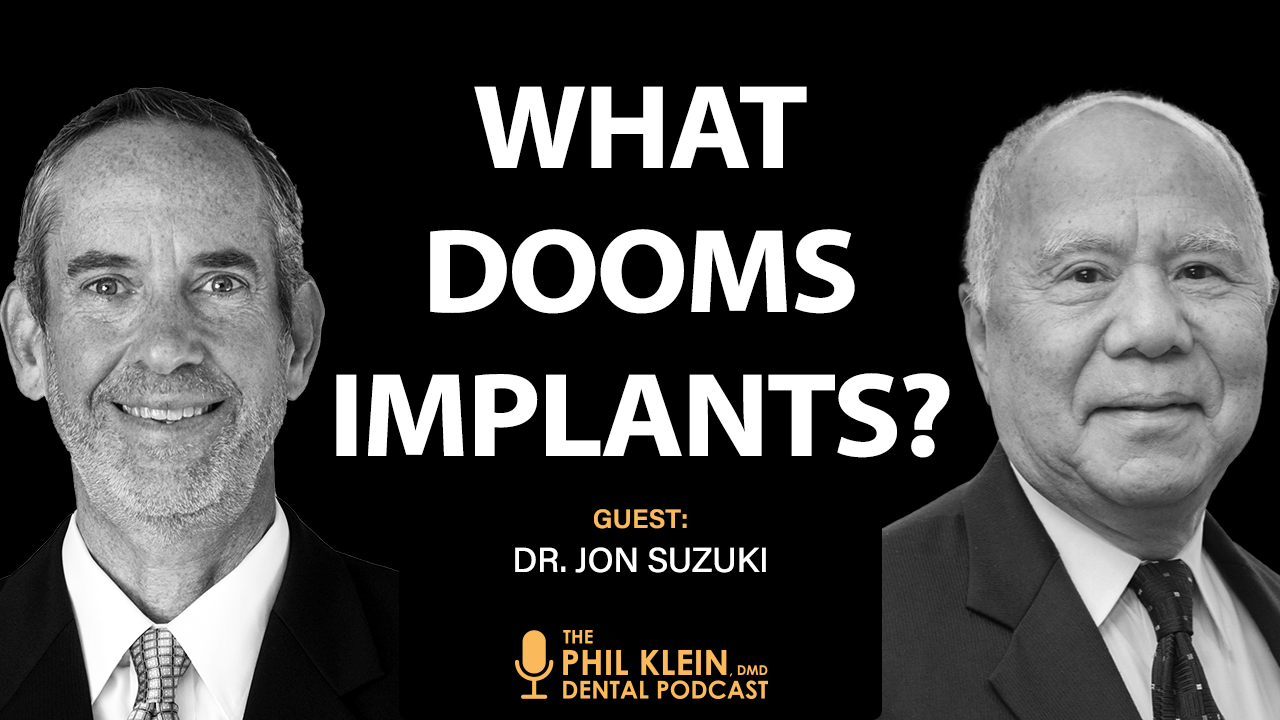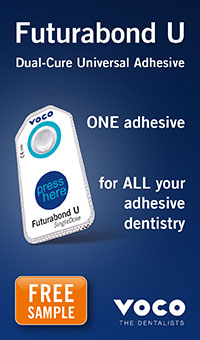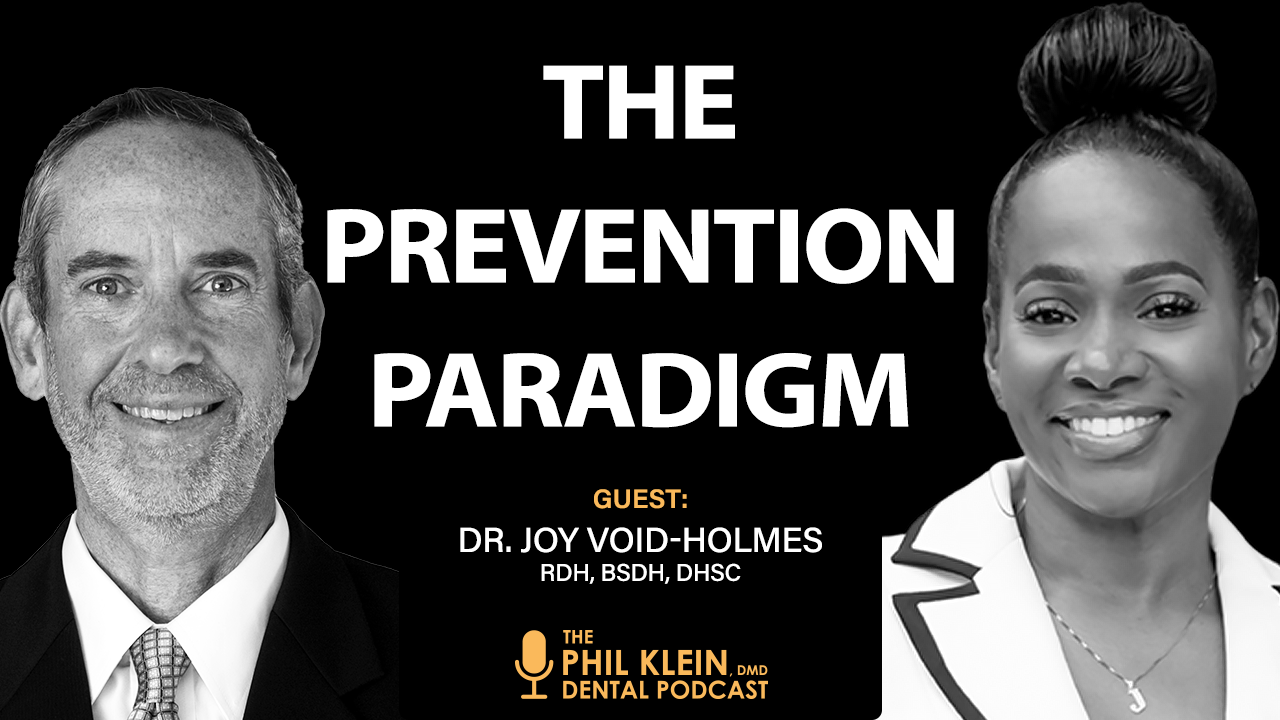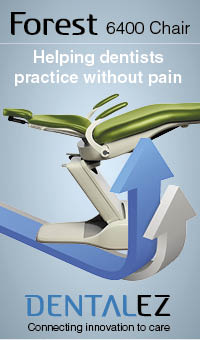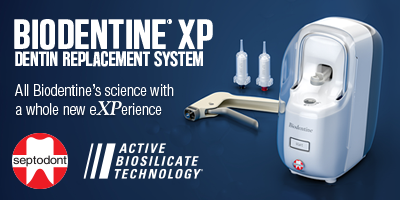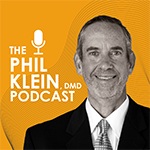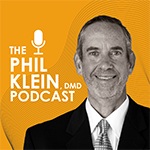
Combatting Professional Burnout

If you’re in a rut in your career and feeling burned out, how do you reignite your passion for dentistry, feel healthy and maintain your enthusiasm for your practice? Perhaps more importantly, how do you avoid getting to the point of severe burnout in the first place?
As the 16th century Dutch philosopher Erasmus
said, prevention is the best cure. That said, it is also helpful to be able to
recognize the potential signs and symptoms of burnout, and know what to do if
it happens to you.
What might burnout look like for a dentist?
Dr. Eric Block, a full-time practicing dentist in Acton, Massachusetts who lectures nationwide helping dentists become more efficient, productive and less stressed in their day-to-day routines, has experienced severe burnout firsthand.
When Dr. Block was still fairly new in his career he experienced a tremendous amount of anxiety, stress and fear. “I thought,” he shares, “What’s wrong with me? Why am I getting home and I’m just so exhausted and stressed? I was so afraid of getting sued. I found that I was really not engaging. I wasn’t engaging with staff. I wasn’t engaging with patients. I would wait and watch and monitor treatment instead of planning and doing.”
“I couldn’t wait to get home after five o’clock to
decompress from the day. I couldn’t wait until the weekend so I could
decompress from the week. And it got to the point where I couldn’t wait until
lunch so I could go home for an hour. And for sure, I couldn’t wait until I
retired so I wouldn’t have to do this anymore. And that’s when I said, you’re
so miserable that you can’t do this for the next 30 years. You’ve got to do
something. And that’s where I started to take some action and seek out help.”
What can you do if you’re experiencing signs of burnout, such as stress or anxiety?
If you’re not doing well, do not just keep pushing on expecting things to work out on their own. If you’re feeling stressed, lost, stuck, etc., you should not go through this journey alone. Reach out for help.
For example, Dr. Block reached out to a local therapist. “That was the route I took,” he relates, “and along with some prescribed medications and many major changes – it took a while, it didn’t happen overnight – I was able to get past it.”
Other options include reaching out to peers, mentors,
consultants or coaches. For example, at Dr. Block’s International Academy of
Dental Life Coaches, dental professionals can get matched up with a trained
life coach who also understands dentistry.
To help prevent burnout, increase your workflow efficiency
A big thing you can do to reduce some of the stress of dentistry has to do with workflow efficiency. Have a game plan for every procedure you do.
“I used to just wing it,” Dr. Block admits. “I’d pick up a burr, and I’d start drilling. I’d put it down, pick up another bur, pick up a material. I didn’t really have a game plan for a lot of the procedures that I do, but now I have a game plan for every procedure. I’ll go in there with a game plan in my head, and it really puts my brain on autopilot.”
With this approach, for example, you have a set of burs, every bur has a purpose and you just move along from one to the next. It’s like following a recipe. Do this with your tools, materials and procedure-specific workflows, and train your staff on your game plans as well.
Your choice of materials can also help reduce stress. For example, Dr. Block’s favorite flowable composite is Tokuyama’s OMNICHROMA Flow one-shade universal composite, which is the first composite resin to use structural color to create a true single-shade system. He also uses the OMNICHROMA packable as well.
Using OMNICHROMA composites “have reduced a lot of stress,” he explains,
“because I don’t have to worry about the shade. It’s polychromatic, so it picks
up the shade of the tooth. And it’s reduced a lot of inventory so I can keep
things simple. I’m not having to get up and go look for shades or different
composites. We used to have this huge inventory of shades, and now I just keep
a few materials of composite, and that’s really all I need.”
To help prevent burnout, learn to put less pressure on yourself
Sometimes as dentists we can be our own worst enemies. It can help to get perspective.
“There’s going to be bad days,” Dr. Block points out. “There’s going to be bad experiences … mistakes … failures … uncomfortable situations … bad reviews. But those are going to happen to every single dentist ever.”
Recognize that you’re not perfect and simply strive to give
your patients the best treatment you can. Learn what your comfort zone is and
realize that it’s also okay to say no. Patients will appreciate your honesty
when you say, “I’m going to refer you to a colleague. I want to get you in the
best hands for your situation, and this is a little out of my comfort zone.”
Conclusion
When you let stress and unhappiness build up into burnout, that burnout can turn into clinical depression and anxiety, and even drug abuse, addition and suicide. Don’t let this happen to you! Do what you can to set yourself up for a happy, fulfilling, successful career – and reach out for help if you start to struggle.









